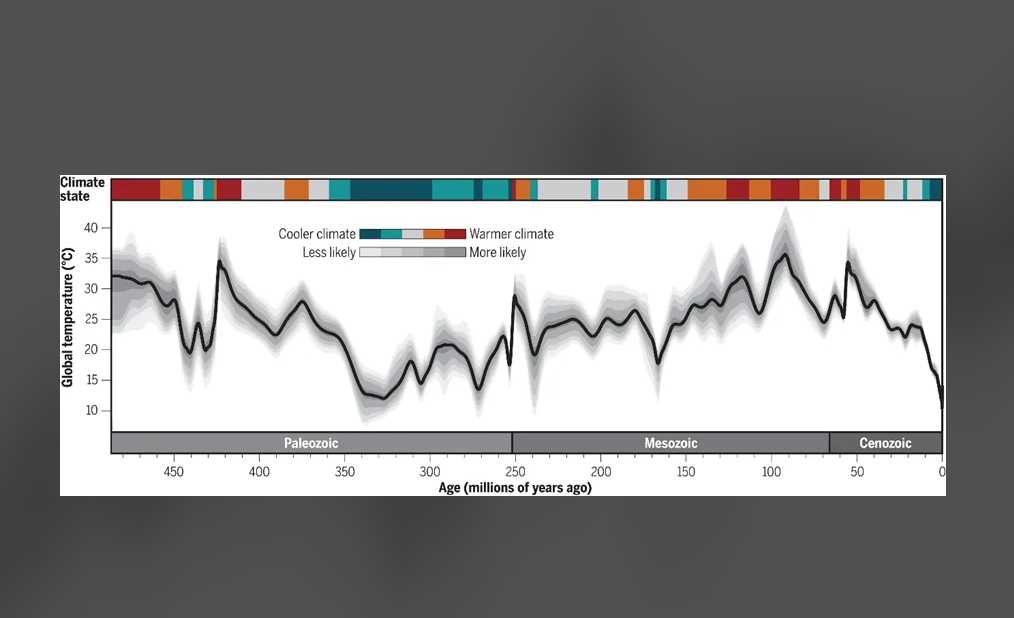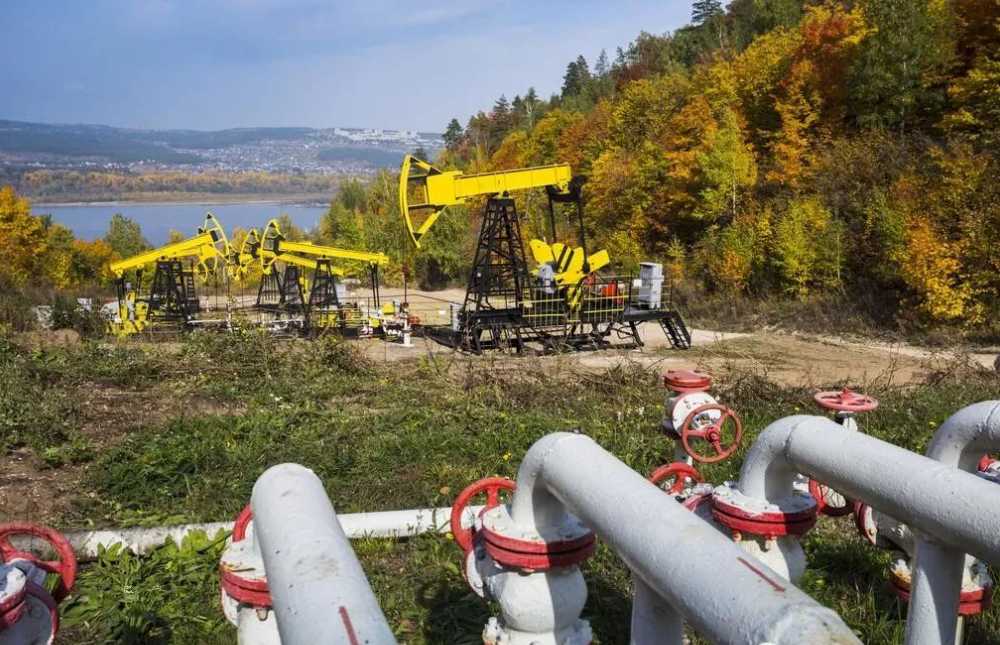The research team used a method called data assimilation, which combines data from geological records and climate models to gain a more comprehensive understanding of ancient climates. The newly obtained curve shows that during the Phanerozoic Eon, which spans the past 540 million years of geological time, Earth's temperature has fluctuated more than previously thought. The global mean surface temperature has ranged from 11℃ to 36℃, and periods of extreme heat were mostly associated with elevated levels of atmospheric carbon dioxide.
The findings also reveal that the current global mean surface temperature is lower than that of much of the Phanerozoic Eon. However, greenhouse gas emissions caused by human activities are currently warming the planet at a rate faster than most of the rapid - warming events in the Phanerozoic Eon. This rapid warming poses a serious threat to biodiversity and sea - level stability, and may even trigger mass extinctions, just as some rapid climate - change events did in the ancient past.
This research provides an important reference for understanding future climate - evolution trends, highlighting the urgency of reducing CO₂ emissions. It reminds humanity that in the context of global warming, taking effective emission - reduction measures is crucial for the sustainable development of the Earth and the survival of species.








